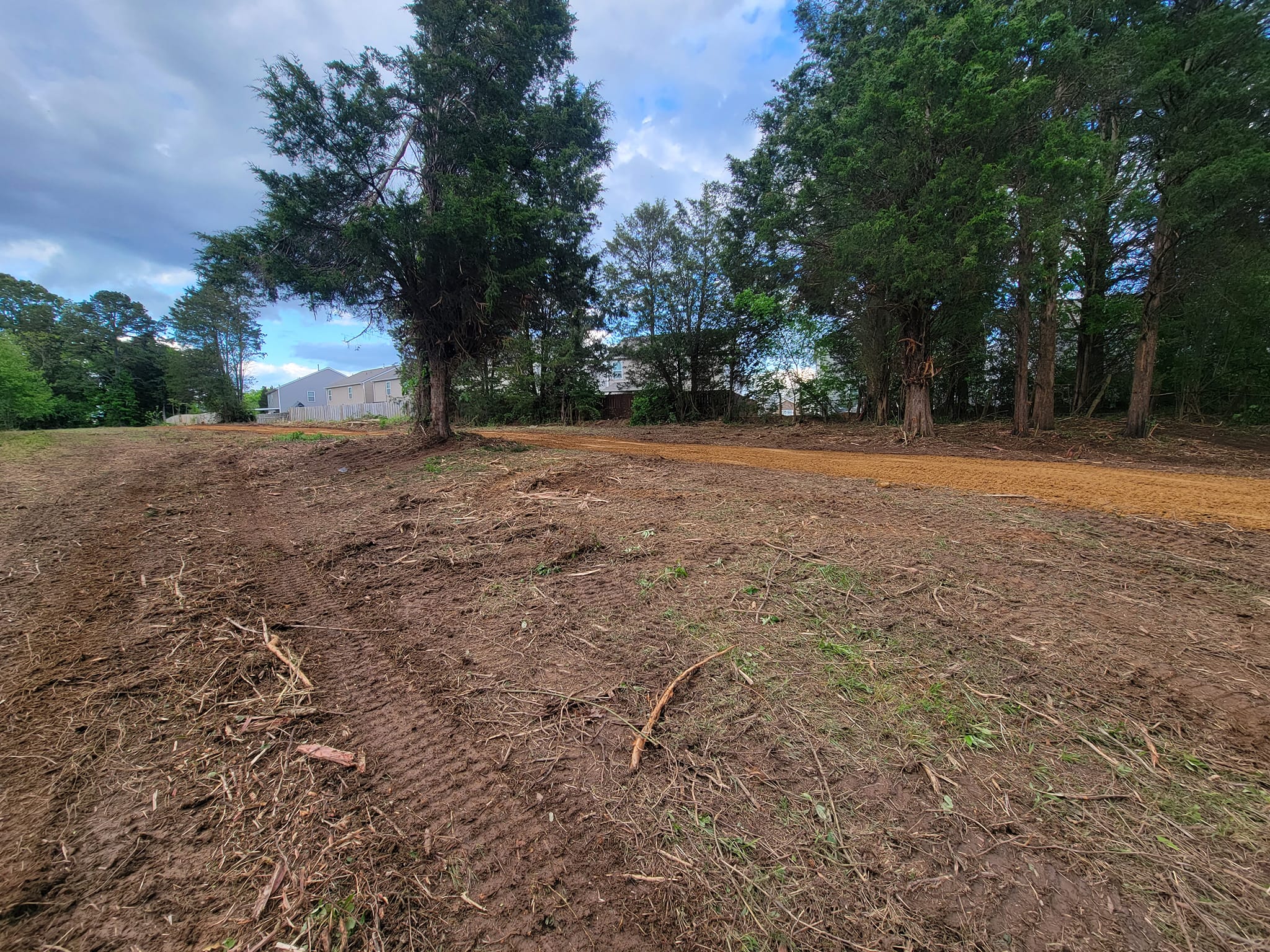
Uncovering Efficiency: The Role of Cutting-Edge Technology in Modern Excavation Sep 08, 2025
The excavation industry has undergone significant transformations, mainly driven by technology. The days of manual digging and heavy reliance on traditional machinery are swiftly being overshadowed by innovative solutions. Advanced technology in excavation not only enhances operational efficiency but ensures safety, minimizes environmental impact, and reduces overall project timelines.
One critical advancement that has revolutionized excavation is GPS technology. Modern excavating equipment equipped with GPS systems ensures precision like never before. This technology allows for exact digging specifications, eliminating costly errors, and helping companies like Carter’s Grading Services deliver perfect grade levels on every site. The precision of GPS systems reduces fuel consumption and machine wear by minimizing the need for rework, thus leading to overall cost efficiency.
Another game-changer in modern excavation is the use of 3D modeling and imaging. With 3D technology, construction companies can visualize and plan excavation processes before they even begin. This predictive capacity enables Carter’s Grading Services to anticipate and resolve potential issues, thus streamlining workflow and preventing unexpected downtime. Furthermore, 3D models can be shared with stakeholders to ensure transparency and effective communication across all project phases, adding another layer of efficiency to the operation.
Moreover, automation and remote operation of machinery are reshaping the excavation landscape. Automated machinery reduces the need for manual labor, which significantly enhances safety by minimizing human exposure to potentially hazardous site conditions. Remote operation technology allows technicians to control excavators from a distance, facilitating work in challenging locations and adverse conditions that would be dangerous for personnel. This aspect not only ensures worker safety but also boosts productivity as operations can continue under conditions that would otherwise cause delays.
Furthermore, the integration of IoT (Internet of Things) in excavation equipment is paving the way for smart monitoring and maintenance. IoT devices collect data on machinery health, usage patterns, and environmental conditions, allowing service companies like Carter’s Grading Services to perform predictive maintenance and avoid unexpected breakdowns. This proactive approach ensures that equipment is always at optimal performance levels, thereby preventing project delays and reducing repair costs.
Sustainability is another significant benefit of leveraging cutting-edge technology in excavation. Advanced machinery is designed to be more environmentally friendly, reducing emissions and energy consumption. With increasing regulatory pressures and commitment to sustainability, using technology that lessens environmental impact aligns with modern business practices and fulfills corporate social responsibility goals.
In conclusion, the marriage of technology and excavation brings forth a plethora of benefits, from increased accuracy and safety to cost savings and environmental stewardship. As Carter’s Grading Services continues to invest in and capitalize on these technological advancements, they not only enhance their service offerings but also set new standards in the excavation industry. With each technological iteration, the company can offer more efficient, faster, and smarter solutions, ensuring project success for clients while contributing positively to the broader construction ecosystem. Embracing these innovations is not just beneficial—it is essential for survival and prosperity in the modern excavation world.
/filters:no_upscale()/media/8b357a1a-035f-40fe-b0ff-58adc03fcc90.jpg)
/filters:no_upscale()/filters:format(webp)/media/06c25902-cf9d-4668-92b0-34a5b1860695.jpg)